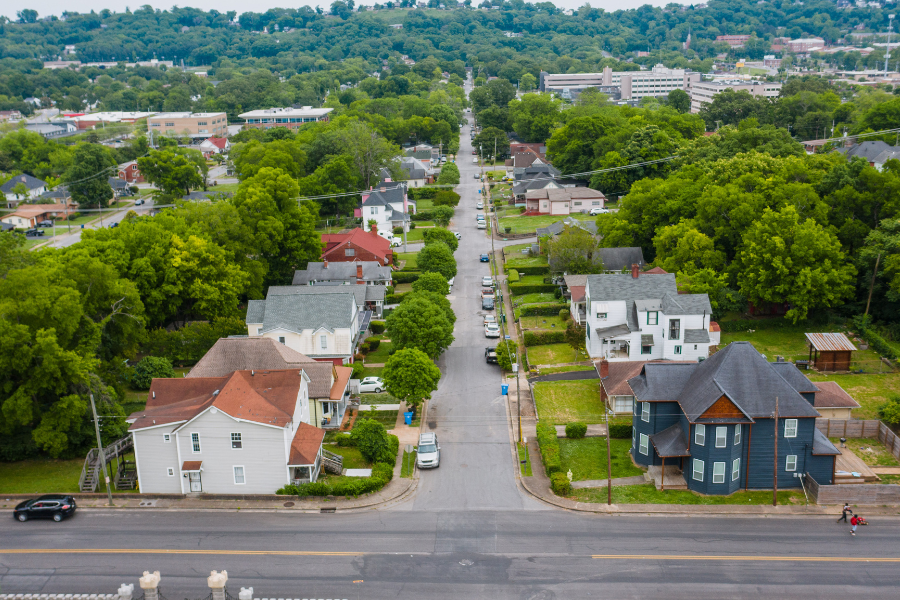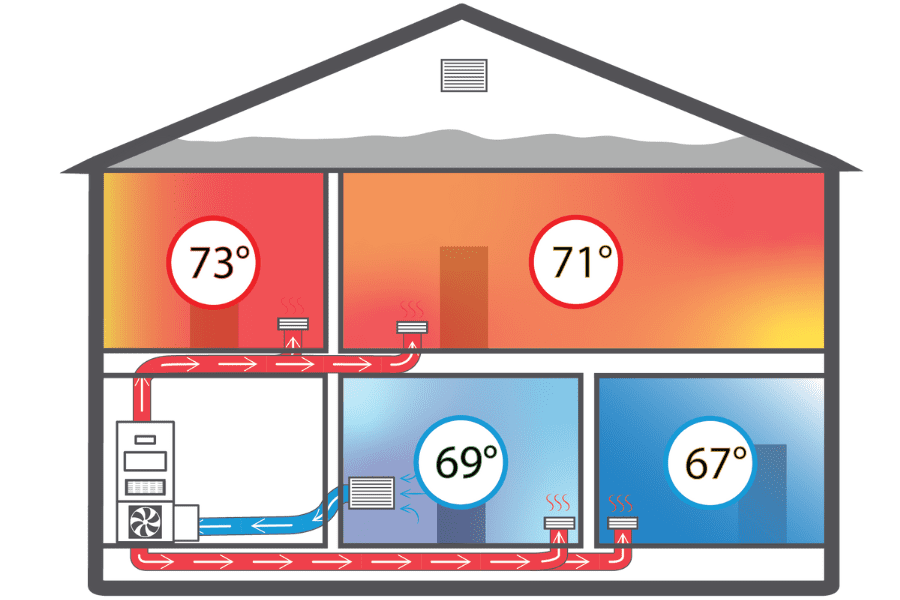Aug 5, 2022
Congress Must Seize Historic Opportunity to Bring Climate Solutions Home
Passing the Inflation Reduction Act (IRA) will mark the first time that Congress has ever made a substantial investment in mobilizing American homeowners to save energy and slash greenhouse gas emissions—and save money on utility bills in the process
By: Patricia Stanton

Passing the Inflation Reduction Act (IRA) will mark the first time that Congress has ever made a substantial investment in mobilizing American homeowners to save energy and slash greenhouse gas emissions—and save money on utility bills in the process. Especially at this moment of high inflation and record-breaking heatwaves, this is exactly what we need. As it stands now in the Senate, the IRA will put $9 billion toward making America’s homes more energy efficient and better prepared for the ongoing shift to an all-electric future.
Energy bills are among the biggest bills households pay. The IRA puts $4.3 billion toward comprehensive, whole-home energy efficiency retrofits that go far beyond switching out lightbulbs or adding insulation to unleash substantial whole-home energy savings of 20% to 35%. Money will flow to the states to establish their own Home Owner Managing Energy Savings (HOMES) rebate programs, which will offer $2,000 to $4,000 for efficiency retrofits.
HOMES also offers an opportunity to address equity issues. Low- and moderate-income residents qualify for up to $8,000 in rebates. Lower-income households bear an especially high energy burden, with energy costs accounting for 8.6% of household spending — three times higher than other U.S. households. Making energy retrofits more available and affordable could begin to help ease that energy burden.
But you can’t retrofit homes without trained workers, and despite a U.S. energy efficiency workforce of over 2.1 million people, home performance contractors across the country report labor shortages. To help close the gap between the demand for skilled energy efficiency employees and the supply, the IRA appropriates $200 million that will flow through DOE’s State Energy Program to fund state-based home energy-efficiency contractor training. The initiative will reduce employee training costs for contractors offering home energy efficiency and electrification improvements. It will also fund testing and contractor certifications, and facilitate partnerships with nonprofit organizations.
Another section of the IRA will allocate $4.5 billion to targeted rebates for low- and moderate-income homeowners who switch to electricity from fossil fuels. The High-Efficiency Electric Home Rebate Program will allow state energy offices and tribes to offer up to $14,000 per individual (or entity) in rebates for electric heat pump HVAC systems and water heaters, electric rewiring, electric kitchen appliances, and measures such as insulation, air sealing and ventilation. The rebates will target single-family residences; owners of multifamily buildings; and government, commercial and nonprofit organizations. Switching to electricity puts households in position to benefit from the ongoing transition to clean, renewable energy, including solar and wind power.
Washington is finally poised to step up and invest in homeowners who want to save energy. The benefits will be enormous. Energy Innovation’s analysis finds that the legislation will create up to 1.5 million jobs. Senate Majority Leader Chuck Schumer’s office calculated that the bill will cut climate pollution by 40% below 2005 levels by 2030. And this bill will help everyday Americans save energy and money, and put their families on a better economic footing.
Congress, it’s time to bring climate solutions home. Pass the Inflation Reduction Act, and put the U.S. on the path to a more sustainable, more affordable, and more equitable future.





